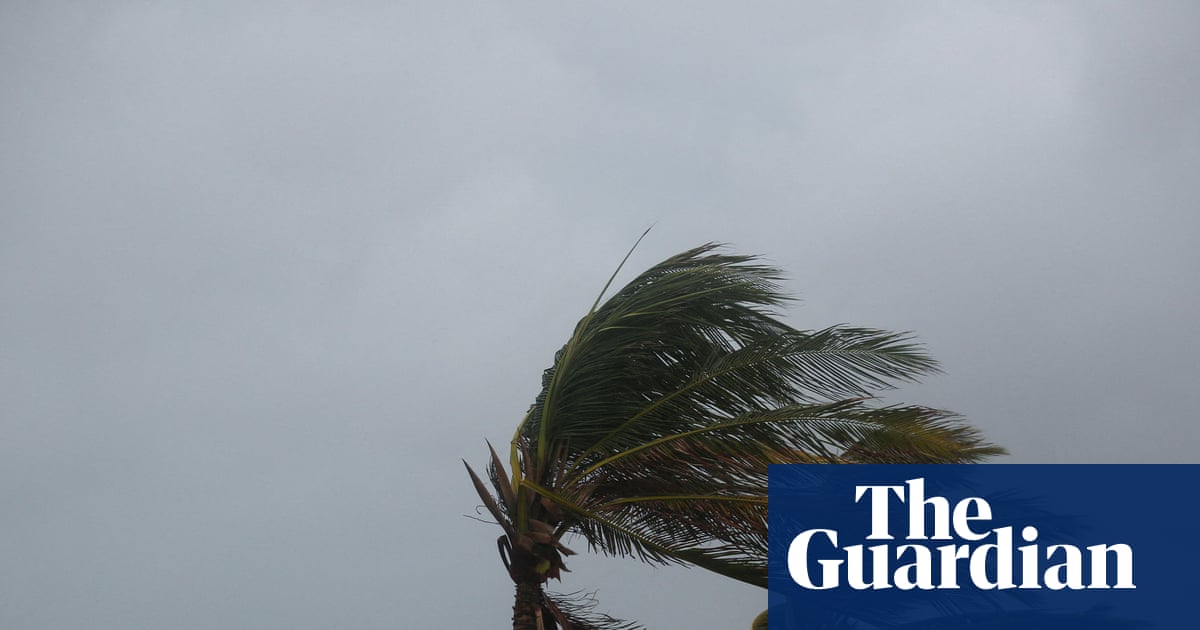Bans on smartphones in Dutch schools have improved the learning environment despite initial protests, according to a study commissioned by the government of the Netherlands.
National guidelines, introduced in January 2024, recommend banning smartphones from classrooms and almost all schools have complied. Close to two-thirds of secondary schools ask pupils to leave their phones at home or put them in lockers, while phones are given in at the start of a lesson at one in five.
Researchers surveyed 317 secondary school leaders, 313 primary schools and conducted 12 focus groups with teachers, teaching assistants, students and parents. Secondary schools reported that children found it easier to concentrate (75%), the social environment was better (59%) and some said results had improved (28%).
Dr Alexander Krepel, a researcher at the Kohnstamm Instituut, said interactions between pupils had improved the most. “It’s not possible to secretly take a picture of someone in the classroom and then spread it in a WhatsApp group, so there’s an increase in social safety,” he said. “Especially in the breaks between the lessons, students would be on their phones and now they’re forced to talk … Maybe they also get into a fight a bit more often but schools, teachers and students are quite happy with how the atmosphere is better.”
Initial fears surrounding the ban proved unfounded, according to Freya Sixma, spokesperson for the VO-raad secondary education council, which represents schools and governing boards. “There was quite a lot of protest at first from schools, teachers, students, parents, questions about how it would all work,” she said. “But now you see that actually everyone is pretty happy.”
The study showed in special schools, where exceptions can be given for learning support devices, about half reported that the ban had had a positive or very positive effect. In primary schools, smartphones did not have a huge effect before the ban, but a quarter were positive about it.
Mariëlle Paul, the minister for primary and secondary education, said the national guideline helped classroom discipline. “Teachers and school leaders indicated that if an individual teacher wanted to ban the mobile from his or her class it would always be a discussion,” she said. “More inexperienced teachers would have difficulties enforcing that.”
MPs could take a lesson from the results, too, Paul added. “Even we as adults should admit that whatever is going on, the apps, WhatsApp, Snapchat or Instagram have a form of addictiveness. We once tried to do it for a debate on education … but that was pretty difficult.”
after newsletter promotion
Statistics Netherlands reports that 96% of children go online almost every day, mostly through their phones. Last month, the caretaker government advised parents to ban social media for under-15s and limit screen time, while one MP has proposed a total ban on smartphones in schools.

 3 months ago
53
3 months ago
53

















































